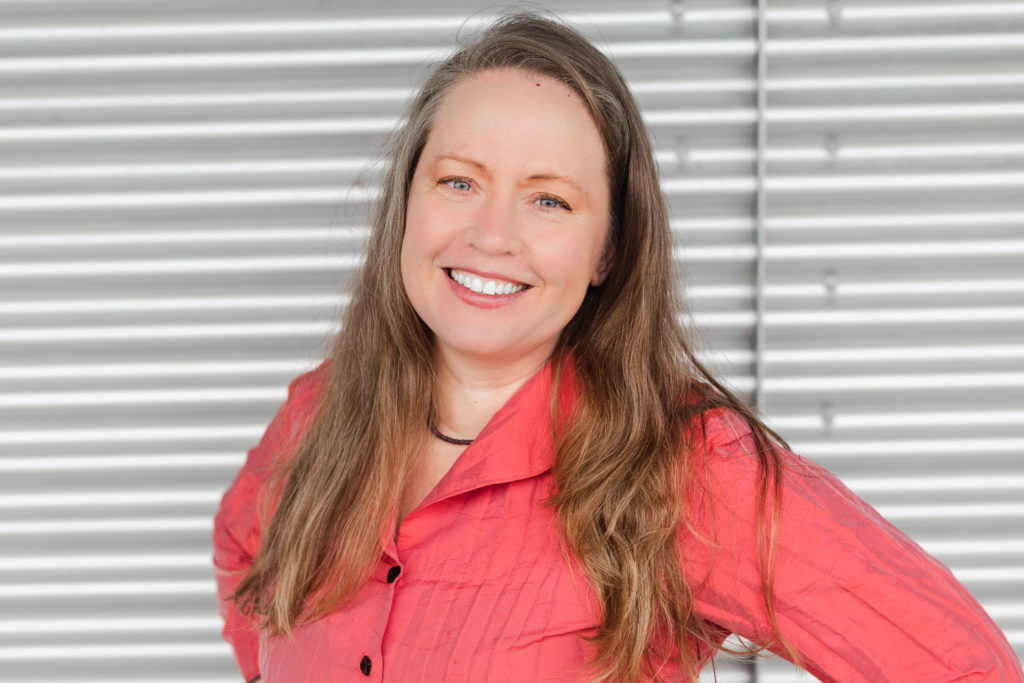
How has your time breaking story with Will affected your understanding of writing for TV?
I now have so much more control and confidence in my writing. I remember in my interview telling Will that I wanted to learn more about outlining and writing to act breaks. At the time, it felt like a miracle when I was able to get anything comprehensible on the page – it just kind of happened. Now I have a much better understanding of the work involved!
How do you feel about virtual rooms now that you’ve been in both a virtual and an in person version of the story room?
I’m grateful to have experience in both (and grateful that the PSP took the safety measures so we could all be in a room together). Our group had the first week on Zoom, three weeks in-person and then finished breaking the final episode back on zoom. I think both are effective for different reasons. In a perfect writing room future, I hope it will be a combination of remote and in-person – a lot of the work can be done remotely with occasional in-person rooms to inspire or go on research trips. (Shout-out to Will, who crossed an international border, quarantined twice and got covid tested multiple times solely so we could learn from his in person wisdom. I will always be deeply grateful to him for that! )
Is there any favourite moment from your first half of the program that stands out so far?
The whole program has been amazing. I think what stands out the most is Will telling us early is that story is like water – it goes where it flows. We had thoughts about where our series would go when we first started breaking it. It was exciting to see the little shifts that would push it in a direction we didn’t see!
Do you have any advice for future applicants as they prepare their applications or prep for an interview?
First, your application will stand out if your script showcases your unique voice. There’s a lot of pressure to write “marketable” scripts. I wrote a script that required a lot of research and was well out of my wheelhouse, but I was deeply passionate about the story and wanted to tell it. I put in the work and my script stood out. Seeing the talent of my PSP cohorts is a testament to how competitive the program is!
Second, get your reference letters early. I took a different screenwriting course, got a reference letter from my advisor and it was so touching it almost made me cry. I think that letter helped push my application over the top.
Finally, talk to previous alumni about the program before your interview. I spoke with writer Gillian Muller, CFC TV alumni, about an hour before my interview and her kind advice put me in the right headspace. I also got the best advice on how to interview from Heather Taylor, also CFC TV alumni. She advised me to prep “soundbites” for my interview. The interview will go off in a direction you can’t predict, no matter how hard you prepare. But have a series of vignettes about yourself, your writing philosophy, your career goals prepped so you can pull those out. I had a cheat board behind my laptop during the interview – little headlines that would help prompt my answers.